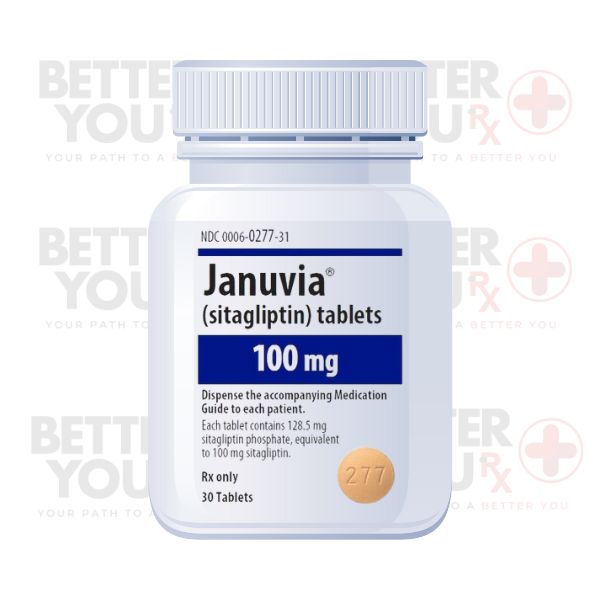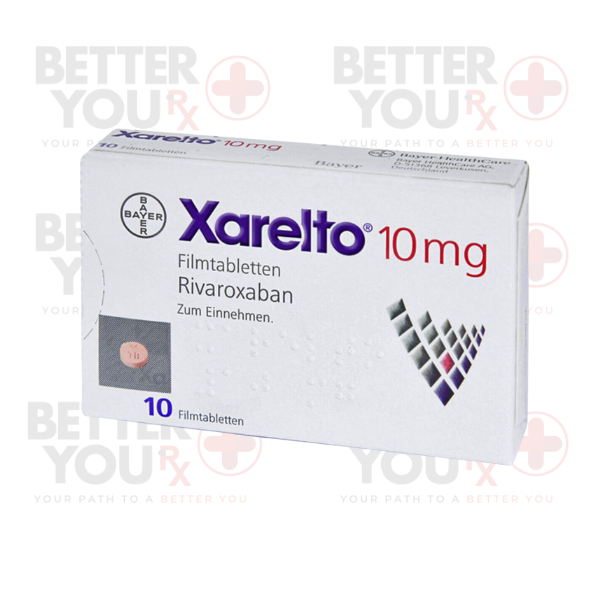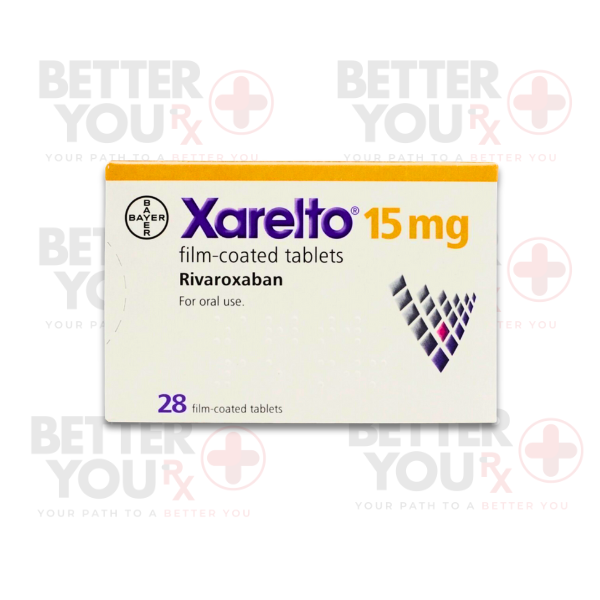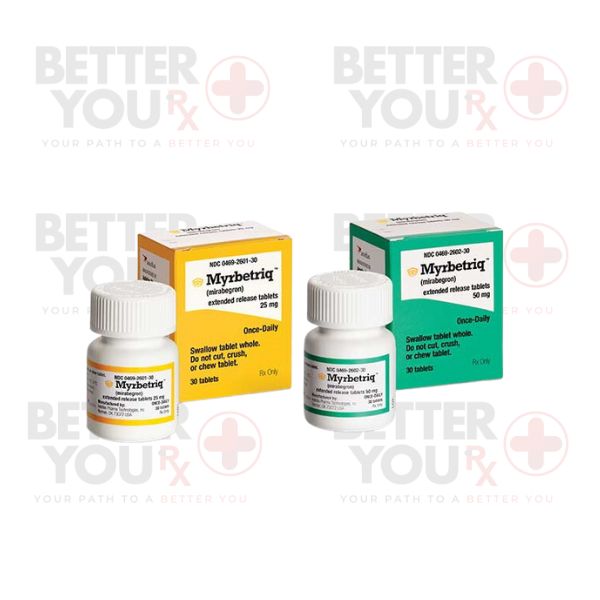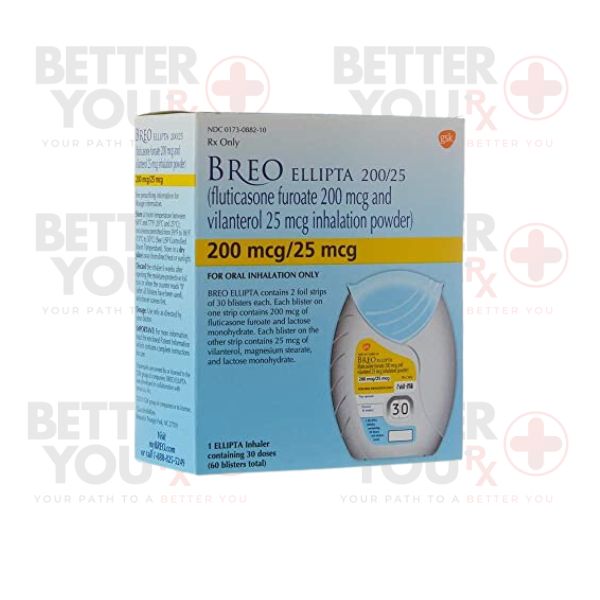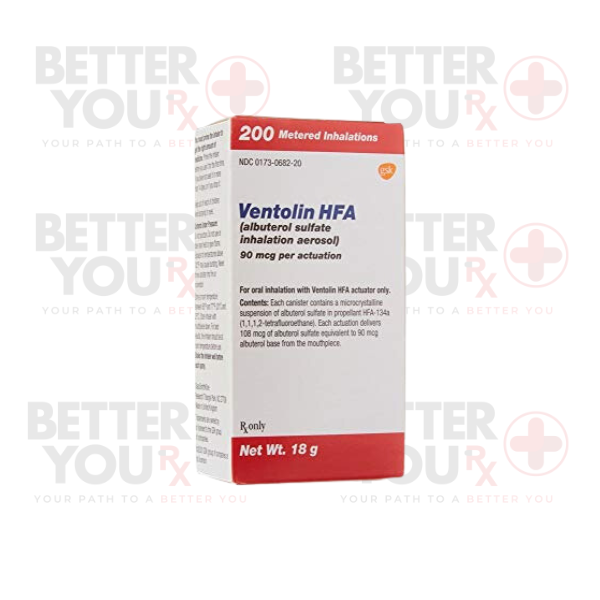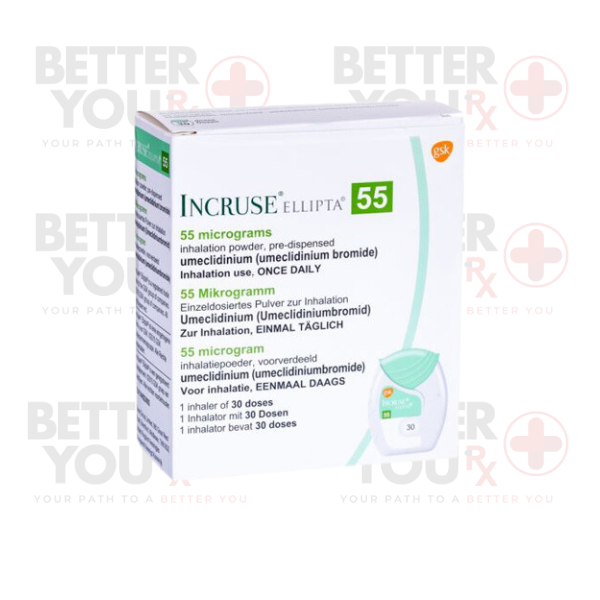Description
Sitagliptin is prescribed in conjunction with dietary adjustments and physical activity, and at times in combination with other drugs, to reduce elevated blood sugar levels in individuals diagnosed with type 2 diabetes. This condition occurs when blood sugar remains excessively high due to the body’s inadequate production or utilization of insulin. Sitagliptin is categorized under the class of drugs referred to as dipeptidyl peptidase-4 (DPP-4) inhibitors. Its mode of action involves augmenting the levels of specific natural substances responsible for lowering elevated blood sugar.
In the long term, individuals with diabetes and persistently high blood sugar are susceptible to severe or life-threatening complications, including heart disease, strokes, kidney impairments, nerve damage, and eye-related issues. To effectively manage diabetes and enhance overall health, a combination of medication(s), lifestyle modifications (such as dietary adjustments, regular exercise, and smoking cessation), and routine blood sugar monitoring is recommended. This comprehensive approach can also diminish the risk of experiencing diabetes-related complications, such as kidney dysfunction, nerve damage (manifesting as numbness or cold extremities and reduced sexual function in both men and women), eye complications that may include vision alterations or loss, and gum diseases. Your doctor and healthcare team will collaborate with you to determine the optimal strategy for managing your diabetes.

